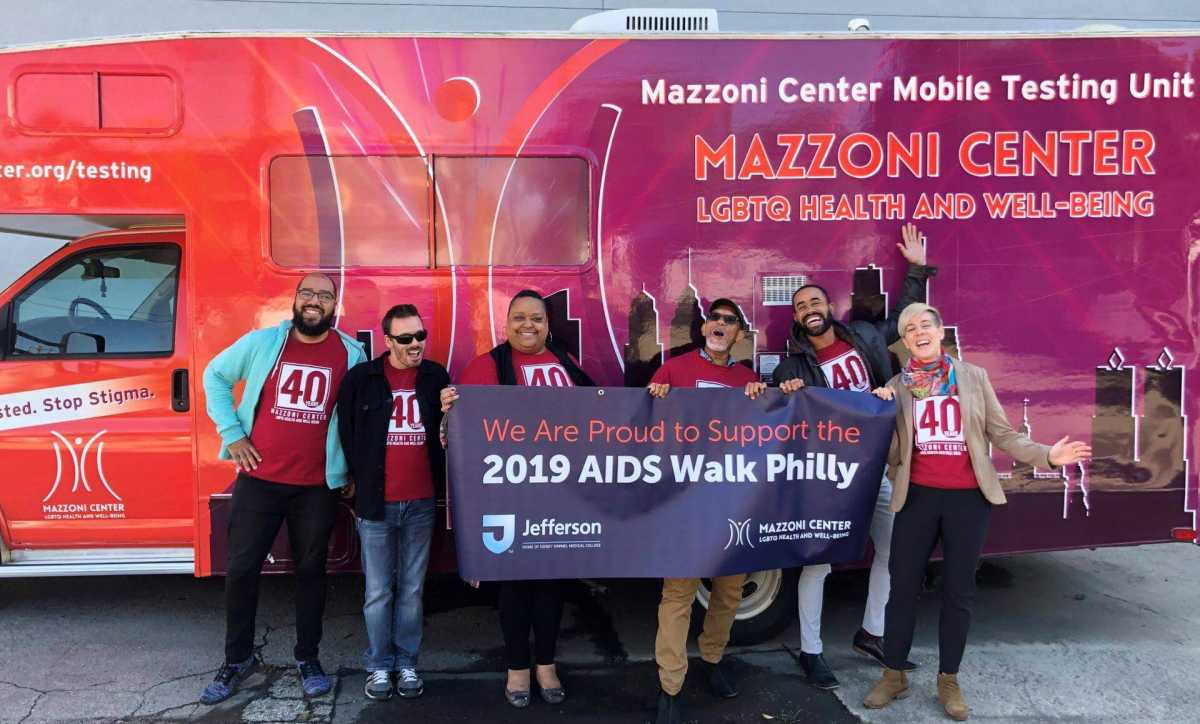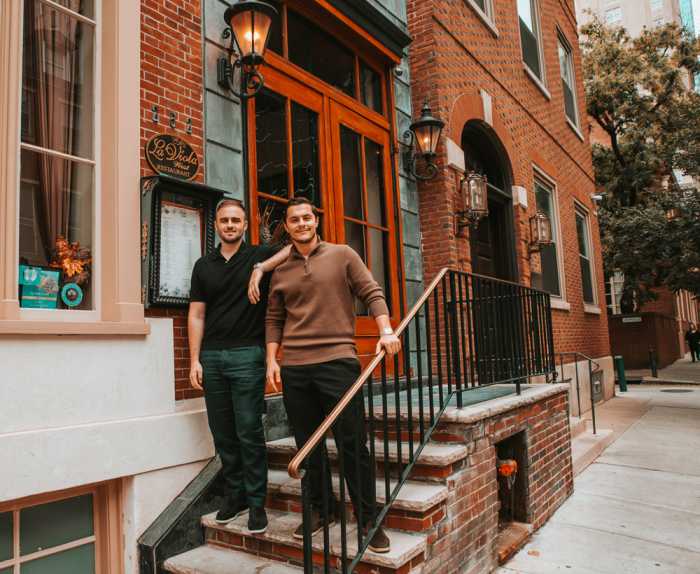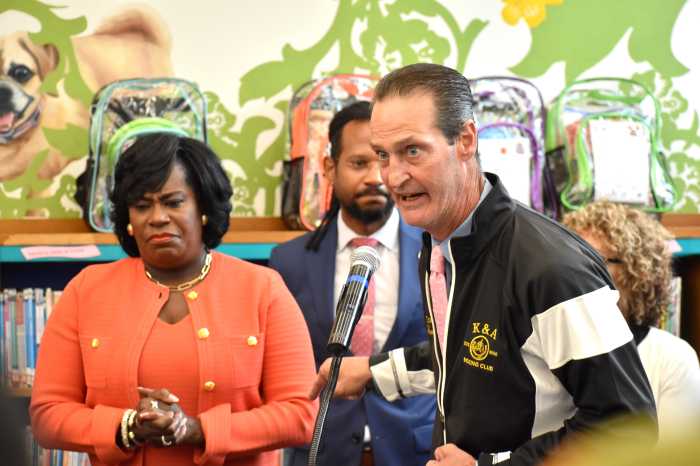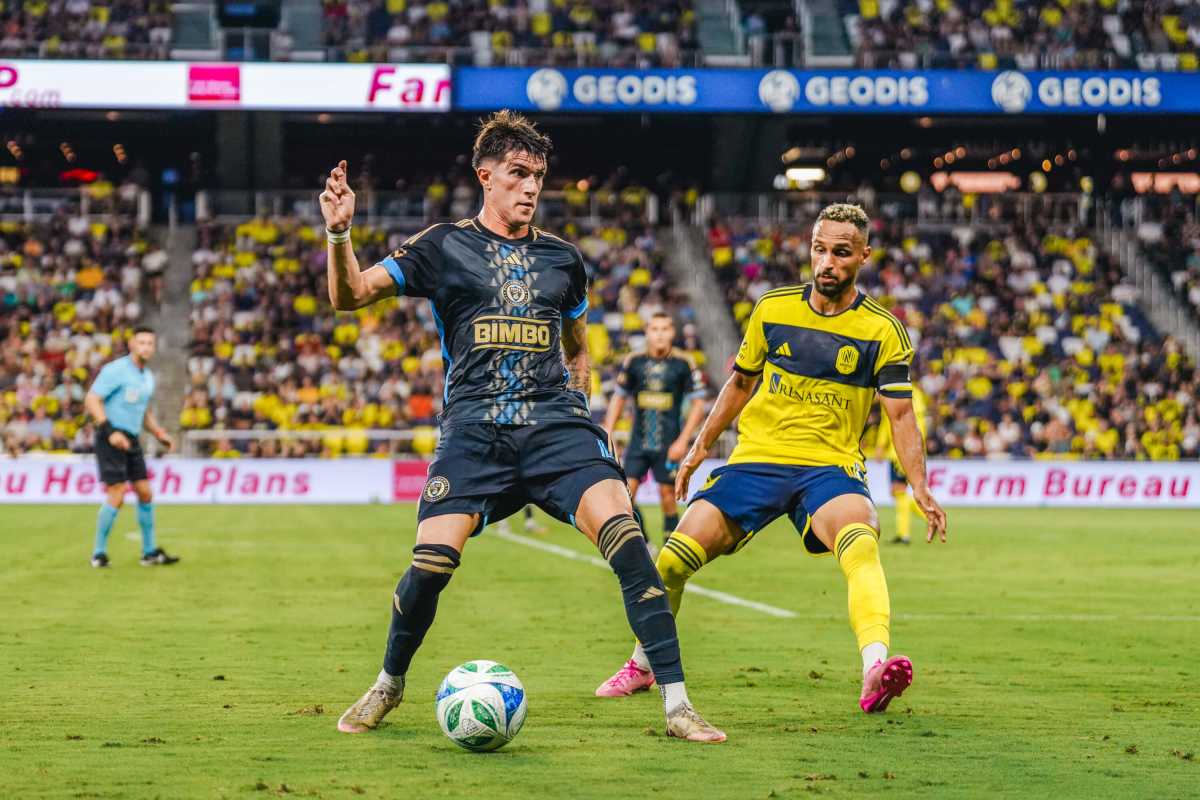Every summer, the month of June is used as a time to celebrate and promote self-affirmation in the LGBTQ+ community through Pride-filled events, promotions and community activities. This month of celebration was chosen specifically in correlation with the 1969 Stonewall Uprising in Manhattan, an event many consider a tipping point for the Gay Liberation Movement in our country. However, 2020’s Pride does look and feel a bit different this year. With the current pandemic, most in-person events have been canceled for safety reasons. Some have moved to the virtual sphere and some have been postponed, but not even the virus can stop the power of the LGBTQ+ community when it comes to standing with one another—and for those who don’t identify with that community, being allies to our peers.
The Mazzoni Center in Philadelphia has always been a proponent of that ally-ship and dedicated to providing quality comprehensive health and wellness services to individuals who need it in an LGBTQ-focused environment, and the people who work at the local organization themselves have truly made their jobs into passion projects.
Take Larry Benjamin, Director of Communications/Interim Director of Development & Marketing and Chelsea Switzer, the Center’s Corporate and Foundation Relations Officer. Both Benjamin and Switzer gravitated towards the Mazzoni because they wanted to tackle something that was bigger than themselves.
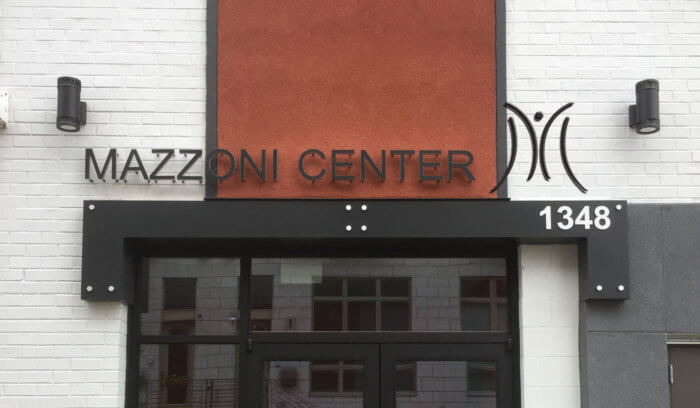
“I spent 30 years in corporate, [and] at some point realized when your goal is to deliver shareholder value, its kind of demotivating after a while. You think there’s gotta be more than that,” says Benjamin.
After opting out of his corporate job, Benjamin found out his father was dying and got to spend the last two months of his life with him. It was that time that motivated him to sign on with the Mazzoni Center. “As [my dad] was dying he said, ‘You know Larry, you need to pick your life back up, you need to get a job and go on.’ I was thinking, what did I really want to do? He was such a great man, I loved him so much and I just wanted to give something back in his memory.”
The process of getting connected with the Center was similar in terms of finding a purpose for Switzer as well.
“I came to Philadelphia and I came out much later, I was in my mid-30s. I was working at the city, and a work colleague was going to the Mazzoni Center and was transitioning and was absolutely loving her experiences there,” says Switzer. “She said, ‘I know this is not really your life’s work working at the city, why don’t you apply somewhere like the Mazzoni Center where they could really use someone like you who loves to meet new people, talk to people [and] is behind the mission?’ It’s been an interesting ride right before that point, that’s for sure. If you’re in corporate for a certain amount of years, you can start to think what does it really all mean? Am I really doing enough for my community?”
Both Benjamin and Switzer found purpose working for the Mazzoni Center and when you see all the work the organization does—including putting together the largest, free trans-specific conference in the world—you get why so many lives have been changed.
This month, the Mazzoni Center hasn’t been able to host in-person events, but luckily the strength of the community has still been extremely strong.
“I really have been impressed with how different people have pulled together even though we’re not all physically together,” says Switzer. “We started talking about the power of the collective and I have been so reassured by all of the collective actions that I’ve seen. We’ve gotten all of these different contributions from people over the past several weeks doing all sorts of fundraisers for us, which is really heartening and amazing because it’s really easy to get downtrodden and upset and overwhelmed. It’s pretty incredible the kind of community response we’ve received, I think people recognize that even a small amount can make a difference.”
People in the community have been hosting fundraisers for the center through bake sales, yoga classes and other activities, while some have even donated PPE equipment when asked or sent in part of their stimulus checks to help keep the center’s mission alive.
“When stimulus checks came out, a number of people sent us checks based on part of their stimulus check,” says Benjamin. “So for us, it really highlighted the power of ally-ship and the pride people take in the work that we do. One young man wrote us and gave us half of his stimulus check because he has a trans sister, and he was talking about how difficult that road has been for her, but having something like the Mazzoni Center has really helped her live her best life and has helped him understand. He just wanted to make sure he was supporting the work that we do.”
What about if financial support is not an option? Being an ally to the LGBTQ+ community can absolutely go beyond a checkbook, it just has to come from the heart.
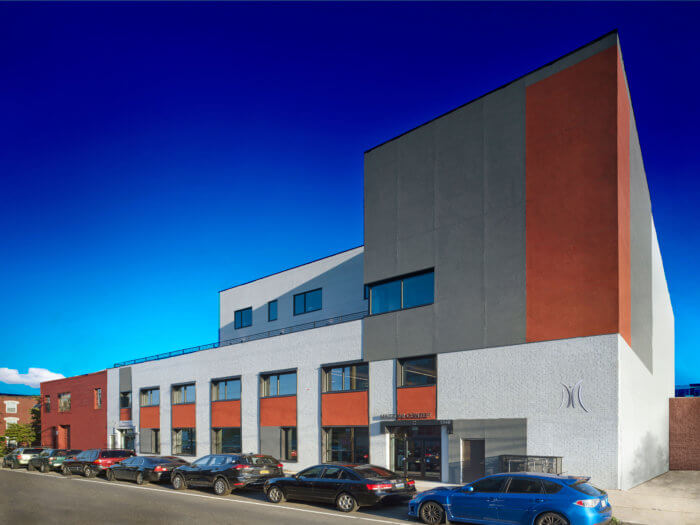
“I think about that a lot because I am Queer identified, but I am cis-gendered and I am white, so its come up a lot for me in terms of like ally-ship and I think there’s a feeling across the board for a lot of people,” says Switzer. “When I think about it, if it’s not financial and we take that piece out of it, is it something that resonates with you? Volunteering is one thing, but that’s also not possible in a time of COVID. Even something just simple, there are smaller ways, and if it’s meaningful to you, most likely it’s going to be meaningful to someone else I like to think.”
Both Switzer and Benjamin noted that it doesn’t have to be large gestures, but even just voting for specific political candidates, watching entertainment surrounding this subject, writing notes or simply being kind can be a way to show that you’re an ally.
“I love the idea of notes. So many of our people work so hard and sometimes you feel unseen or not valued, and something as a simple shoutout or a card that says, ‘Thank you for the work you’re doing. I can’t do that work but I appreciate that you’re doing it,’ helps,” adds Benjamin. “I think the other piece is, everyone, whether if they have money in their pockets or not, has a voice. People can support us and this community just by speaking up—when you see something, someone acting discriminatory, someone calling a child a name, step in and say that’s not right. Or pull that child aside and say I get you and I support you. That’s the kind of thing you can really do on a personal level that doesn’t cost much, but it’s a kindness for the person to be seen and felt cared for without you having to do anything more than the simple and kind human thing to do.”
To learn more about The Mazzoni Center, visit mazzonicenter.org



